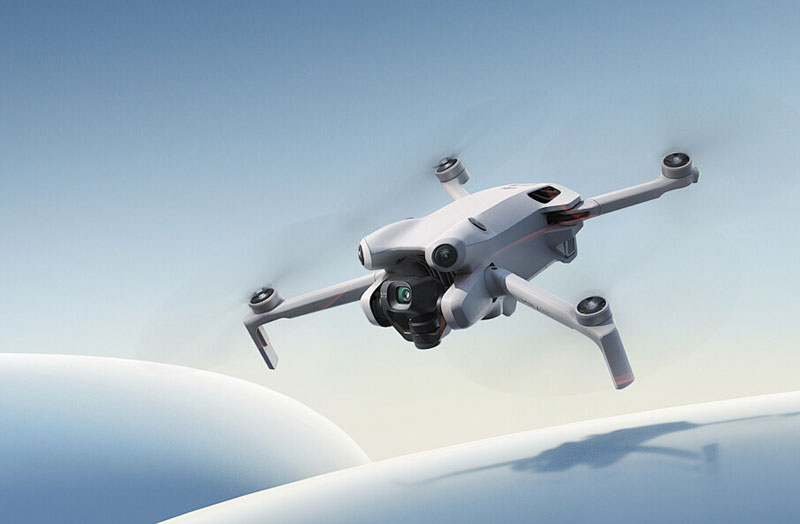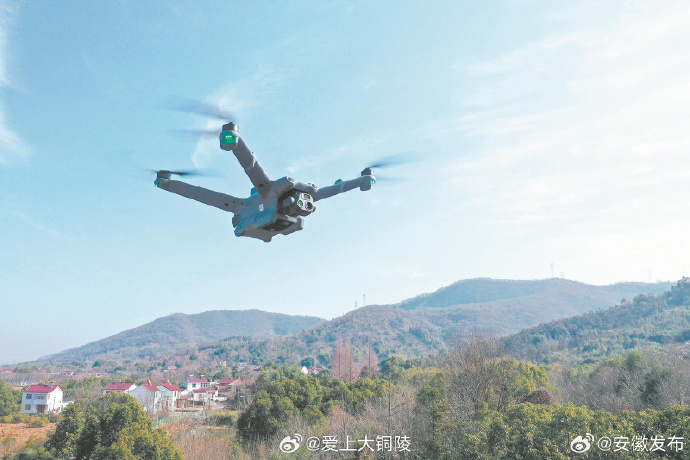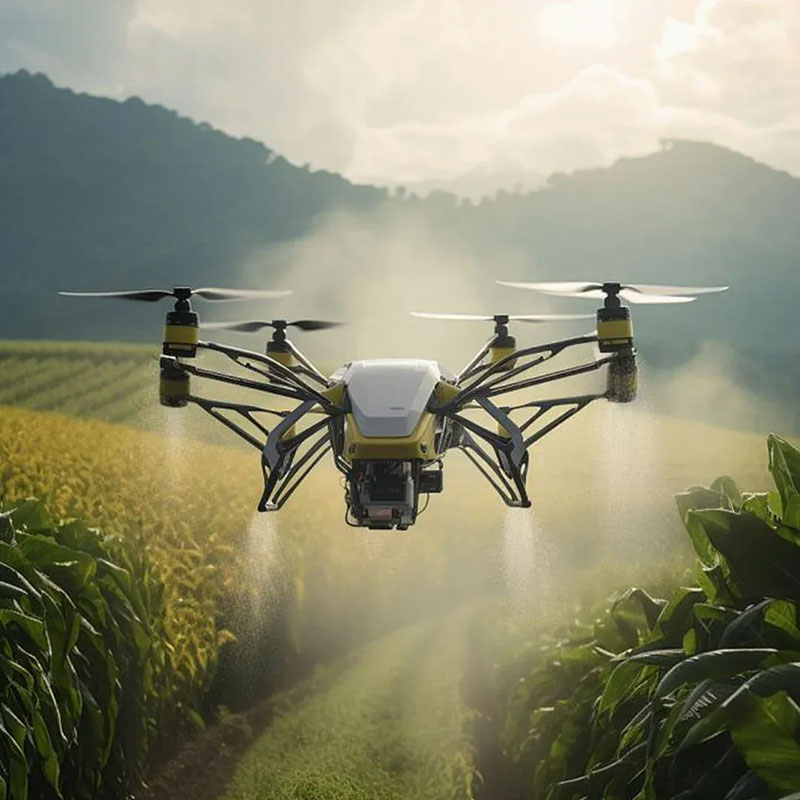The advancement of technology has revolutionized numerous industries, with agriculture being no exception. One such technological marvel that has been garnering attention and reshaping the farming landscape is the agriculture drone. These drones are not only transforming how farmers manage their fields but also enhancing productivity and sustainability. With the integration of drones into agriculture, farms can achieve unprecedented levels of efficiency.
Understanding the Role of Agriculture Drones
Drones in agriculture serve multiple purposes. They are equipped with advanced sensors and imaging capabilities that allow for precise monitoring of crops and soil conditions. By collecting data from above, drones provide farmers with insights previously unattainable through traditional methods. This data-driven approach enables farmers to make informed decisions, consequently reducing costs and optimizing yields.

Types of Drones Utilized in Agriculture
There are several types of drones that are specifically designed for agricultural use. Multispectral drones, for instance, are capable of capturing data beyond what the human eye can see. This includes measuring plant health, assessing water stress, and identifying pest infestations. Thermal drones, on the other hand, use infrared technology to detect temperature variations, which is crucial for irrigation management and identifying areas in need of attention.
Benefits of Using Agriculture Drones
Integrating drones into farming practices offers numerous benefits. One significant advantage is enhanced crop health monitoring. With regular aerial surveys, farmers can detect issues such as nutrient deficiencies or pest problems early, allowing for timely interventions. Additionally, drones facilitate more efficient use of resources by precisely applying fertilizers and pesticides only where needed, significantly reducing waste and environmental impact.
Furthermore, drones contribute to improved field management through accurate mapping and surveying. Traditional methods of mapping are labor-intensive and time-consuming, whereas drones can quickly gather data across large areas, providing detailed maps without the need for human presence on the ground. This not only saves time but also minimizes the physical strain on farmers.

The Economic Impact of Agriculture Drones
The adoption of agriculture drones can lead to considerable economic benefits. By streamlining operations, reducing resource usage, and minimizing crop losses, drones help cut costs significantly. Moreover, the data collected by drones can support strategic planning and forecasting, enhancing overall farm profitability. As technology continues to advance, these economic benefits are expected to grow, making drones an indispensable tool in modern agriculture.
The Future Prospects of Drones in Farming
The future of drones in agriculture appears promising. With ongoing technological advancements, drones are set to become even more autonomous and precise in their operations. Developments in artificial intelligence and machine learning are expected to enhance the analytical capabilities of drones, offering even greater insights into crop performance and soil health.

Additionally, as regulations surrounding drone usage continue to evolve, we anticipate further integration of drones into mainstream agricultural practices. This progression will likely lead to cost reductions and increased adoption rates, ultimately transforming how farming is conducted globally.
Challenges and Considerations
While the benefits of agriculture drones are numerous, there are still challenges that need addressing. These include regulatory hurdles, the initial cost of drone technology, and the need for ongoing maintenance and training. However, as the technology develops and becomes more accessible, these challenges are expected to diminish, paving the way for wider implementation.
- How do agriculture drones benefit crop management?
Agriculture drones provide detailed data on crop health, enabling early identification of issues and targeted interventions that improve yield consistency and quality.
- Are agriculture drones expensive to operate?
While the initial investment can be significant, the long-term savings on resources and potential yield improvements can offset these costs considerably.
- What future advancements can we expect from agriculture drones?
Future advancements may include enhanced automation, better AI-driven analytics, and increased integration with IoT devices for optimized farm management.
